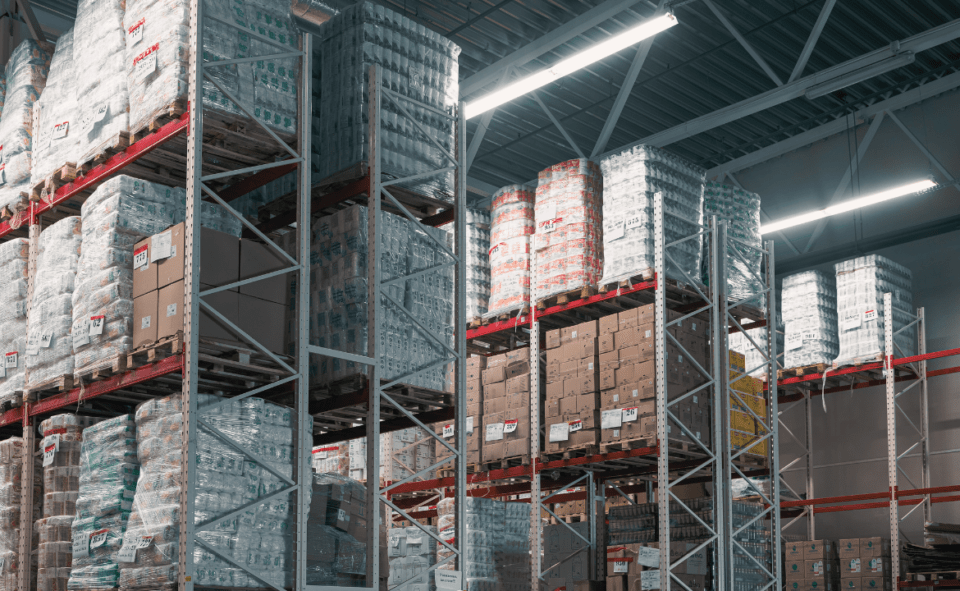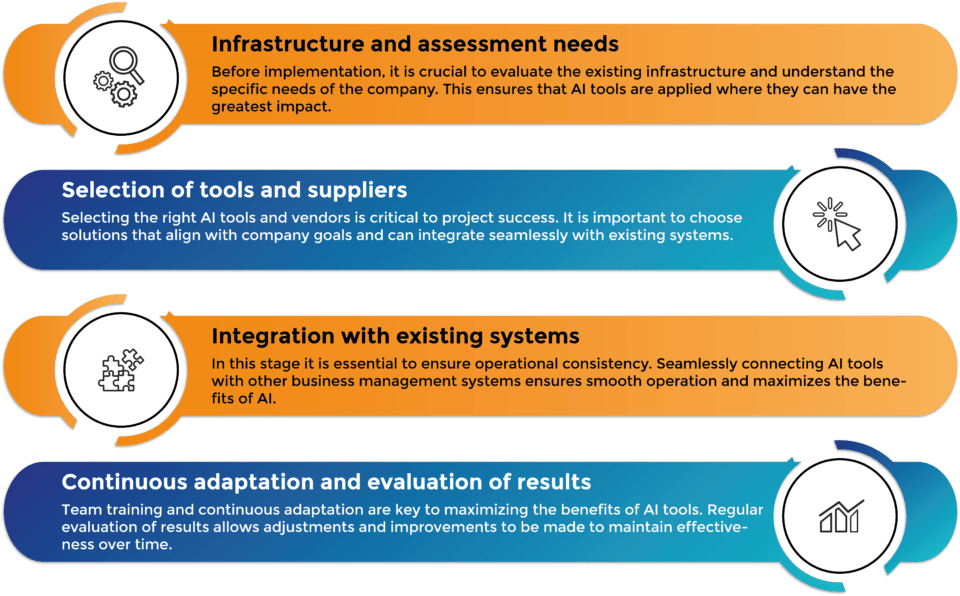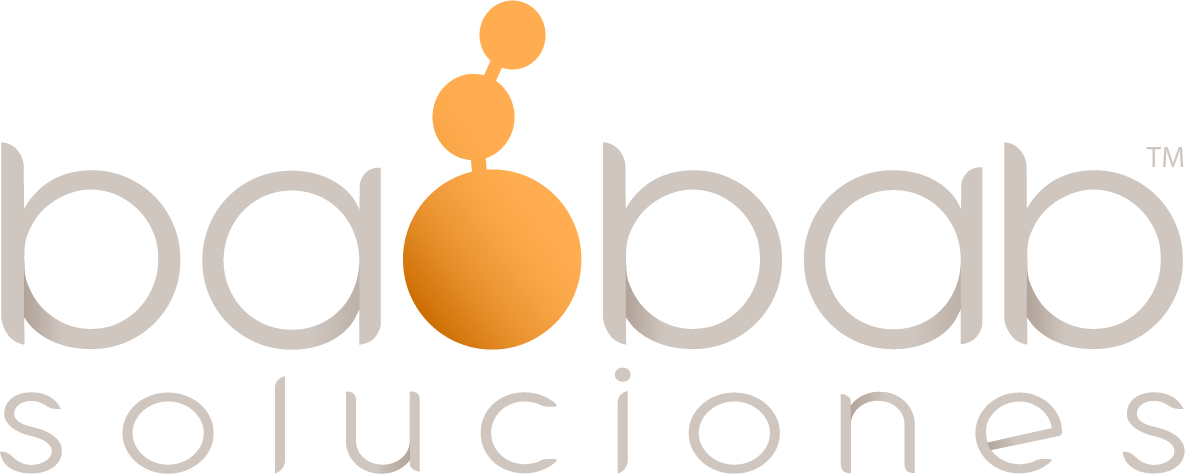To remain competitive in a world where efficiency and adaptability are increasing, it actually is a strategic objective for many companies. In this context, Artificial Intelligence (AI) has become the weapon for optimizing operations and processes. Today we will talk about a link in the value chain that many companies from different sectors share: supply and stock management. In this article, we use baobab’s experience as a provider of AI-based optimization solutions to reflect on how the application of this technology is redefining business logistics and the way in which companies understand their processes.

From our experience, we clearly see that the use of AI applications in logistics is not simply a trend; It has become a necessity for companies seeking to optimize their operations. AI’s ability to analyze large volumes of data, identify patterns and make decisions in real time has a profound impact on stock management and even in the operations and location of warehouses.
Always perfect stock levels: Accuracy in demand forecasting – smart warehouses – cost reduction
One of the biggest challenges in inventory management is accurately forecasting future demand. If we are too optimistic, we run the risk of moving more product than necessary, which will generate costs associated with transportation and storage. Otherwise, if we make a forecast that is too conservative, we run the risk of breaking our stock, generating a clear opportunity cost. So it is evident that the better the demand forecast is, the healthier our stock will be and the more efficient our logistics chain will become. AI provides the possibility of analyzing a very large amount of data, and allows the introduction of variables beyond historical data such as market trends or external variables to provide much more accurate forecasts. This grants retailers to proactively adjust their stock levels, avoiding excesses or stock outs that could affect their profitability.
Once we have an accurate demand forecast, We can automate our warehouses to efficiently regulate inventory levels in real time. A good AI-based optimization application can continuously analyze sales data and market variables, and offers the option to automatically adjust stock levels to reflect current demand. This automatic adjustment feeds the rest of the system to improve operational efficiency, ensuring the availability of the most appropriate products, at the best point of sale, when customers need them.
Optimizing inventories and making more informed decisions thanks to AI not only improves efficiency but also reduces operating costs. Furthermore, efficiency in route planning and resource allocation has one more result: logistics that reduce its carbon footprint and is more efficient.
Agility and anticipation for decision-making
Intelligent AI algorithms process information at a speed and scale that exceeds human capabilities, it can evaluate factors such as weather conditions, identify changes in demand, discover trends… all in real time. This allows faster and more accurate decision-making that, when applied to stock management, influences directly on costs and return on investment.
AI’s ability to dynamically adapt to changes in the operating environment allows it to respond agilely to changing market situations. In the face of unexpected events, AI can quickly adjust stock management strategies, maintaining operational agility and customer satisfaction.

Effective implementation of AI tools
Successful implementation of AI tools in inventory management requires a structured approach that encompasses several critical phases:

As processes and operations become more effective, the benefits to the business are further evident, in terms of increased efficiency and cost reduction. New AI applications and digital transformation pose an important challenge to the retail sector: develop new skills and integrate this technology into their structures to maintain high levels of competitiveness.
If you want to stay up to date with all the news about Artificial Intelligence and mathematical optimization, you can follow our page of LinkedIn and subscribe to our bimonthly Newsletter.


